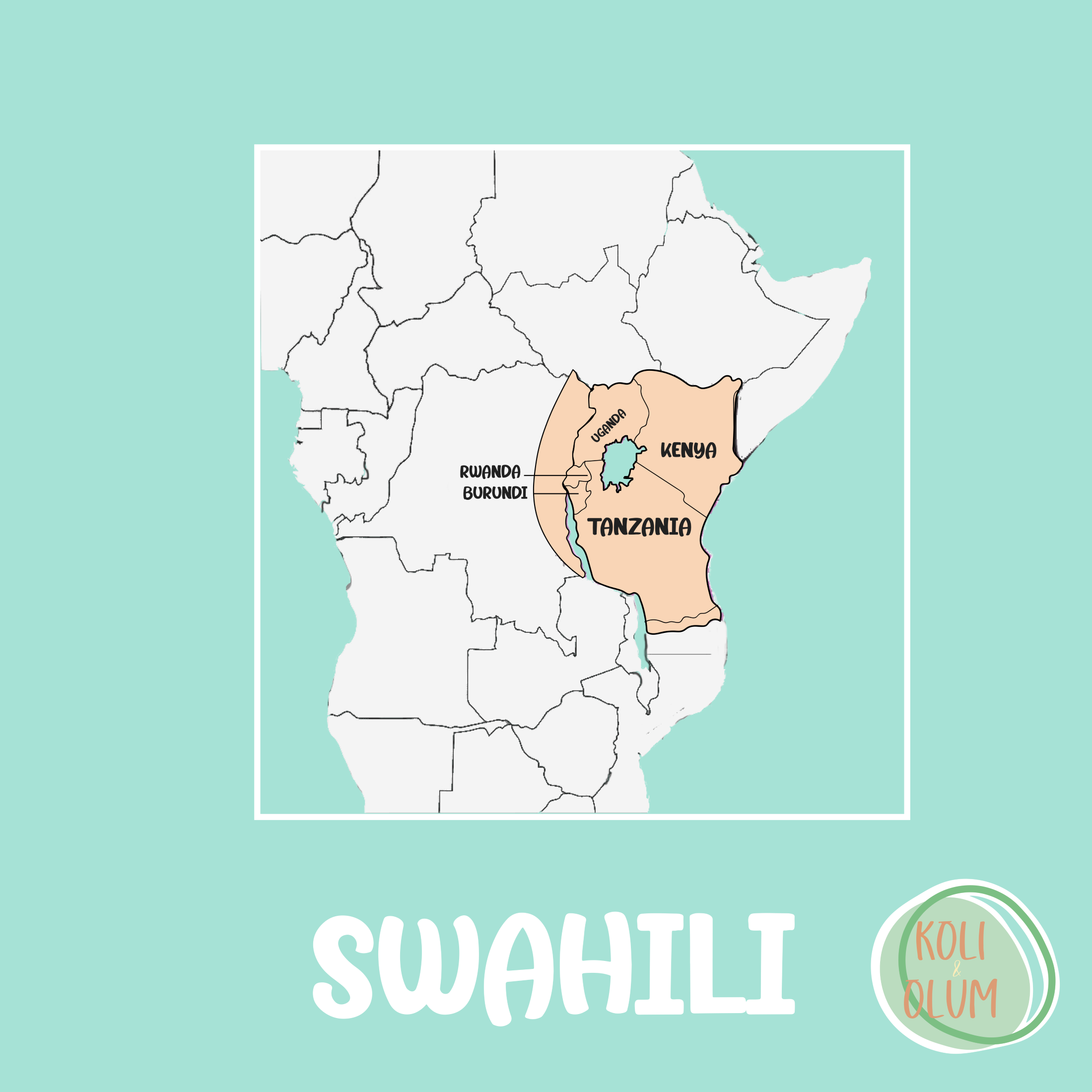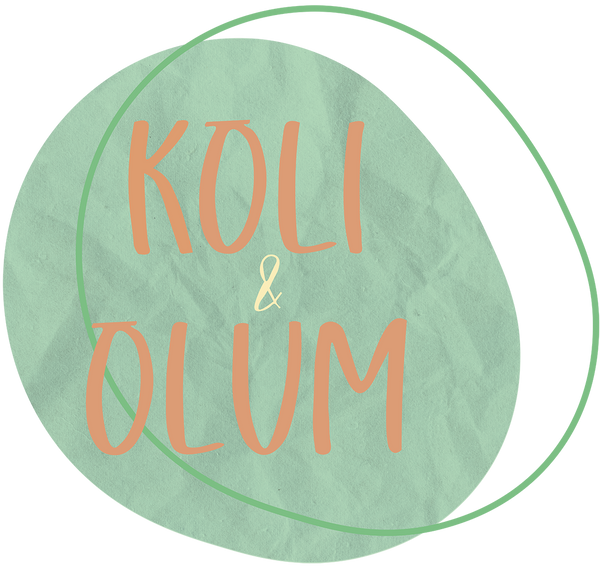Discover Swahili

Swahili is a Bantu language from the the Niger-Congo language family. With over 100 million speakers, Swahili is the most spoken African language in the world. Swahili is predominantly spoken in East Africa and is the national language for Tanzania and Kenya.
Main Communities
The Swahili coast is a region in East Africa that is inhabited by the Swahili people. It includes Sofala (Mozambique), Mombasa (Kenya), and Dar es Salaam (Tanzania)
Swahili Names and Their Meanings
- Simba - Meaning "lion." It symbolises strength, courage, and leadership.
- Malaika - Meaning "angel." It signifies purity, grace, and divine beauty.
- Kipenzi - Meaning "beloved" or "darling." It expresses affection and endearment.
- Bahati - Meaning "luck" or "fortune." It represents good fortune and blessings.
- Jengo - Meaning "building" or "structure." It represents stability and growth.
- Sanaa - Meaning "art" or "skill." It embodies creativity, talent, and expression.
- Mzizi - Meaning "root." It symbolises foundation, origin, and connection to heritage.
- Pendo - Meaning "love." It expresses deep affection and compassion.
Staple Foods
Ugali is made from maize flour and water, cooked to a thick, dough-like consistency. It is often served alongside various dishes, such as meat stews, vegetables, or fish. Ugali is a low-glycemic, whole grain food and a great source of carbohydrates and fiber.
Mandazi is a dense type of African doughnut that originated from the Swahili Coast. They popularly come in a triangular dumpling shape. Mandazi are eaten as a standalone snack or served with chai (tea), coffee, or coconut chutney for dipping. Though a high calorie snack, Mandazi contains essential minerals including Potassium, Magnesium, Calcium, Iron, Phosphorus, and Zinc
Culture and Traditions
Swahili Door - also known as a Zanzibar or Zanzibari door, these doors are majestic in size and typically taller than they are wide. They are made by durable hardwoods such as ebony and mahogany with locks and handles made from brass or iron. Each door is usually made by hand and is a unique work of art featuring intricate and elaborate carvings, patterns, and symbolic motifs.
Cross-Cultural Influences - Swahili cultural diversity has been shaped by centuries of interaction, trade, and migration along the East African coast. The Swahili people are descendants of various ethnic groups, including Bantu, Arab, Persian, Indian, with each group bringing its own traditions, languages, and customs.
Notable figures:
Sheikh Amani bin Juma - Poet. His Swahili poetry explored themes of faith, love, and human experience. Sheikh Amani bin Juma was awarded the prestigious Utendi wa Kutawafu, recognizing his mastery in the art of Swahili poetry and his profound impact on Swahili literature.
Siti binti Saad - musician, She contributed to the popularisation of Swahili taarab music both locally and internationally. Siti binti Saad was posthumously honoured with the Mzee wa Taarab award to acknowledge her impact on Swahili music and culture.
Ali ibn al-Hassan Shirazi - historian. He is best known for his documentation of the socio-political and cultural developments of the Swahili coast. Ali ibn al-Hassan Shirazi’s work - Futuh al-Habasha - chronicles the Ethiopian-Adal War and its implications on Swahili trade and geopolitics.
